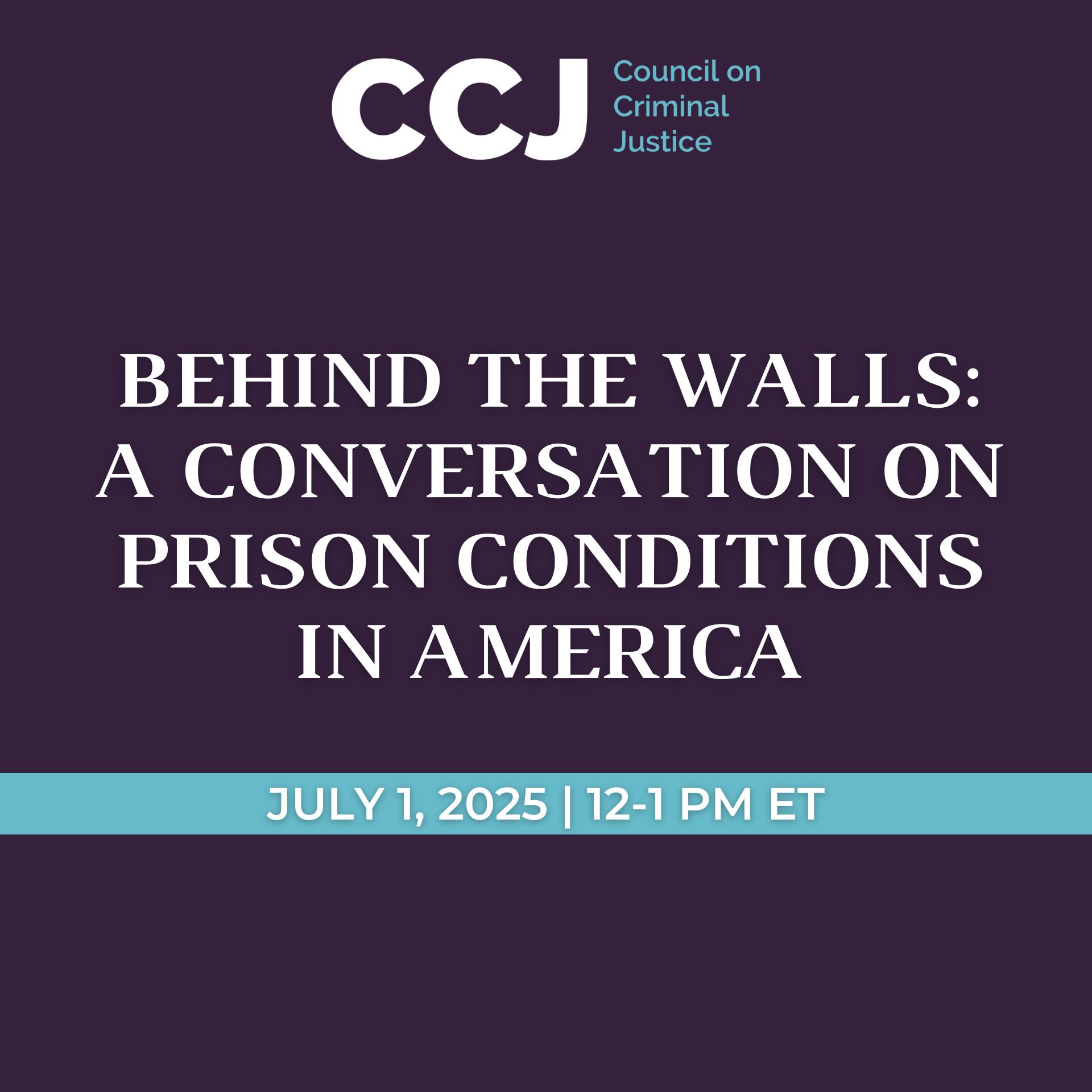COVID-19 and the US Criminal Justice System: Evidence for Public Health Measures to Reduce Risk
Since its recognition as a pandemic in early 2020, novel coronavirus disease 2019 (COVID-19) has touched nearly every corner of US society. However, some populations and environments have been affected far more severely than others. Vulnerable populations—especially those subject to structural racism, discrimination due to disability, and financial insecurity—tend also to be particularly susceptible to the economic consequences of and severe disease and death from COVID-19. In addition, the institutions, industries, and systems that are fundamentally important to our lives and our democracy have, in some cases, become places where severe acute respiratory syndrome coronavirus 2 (SARS-CoV-2) spreads readily if allowed to gain a foothold. In these places, it can be difficult to prevent the introduction of the virus or control the spread of SARS-CoV-2 once it is introduced.
The US criminal justice system is highly susceptible to the spread of COVID-19 because of the structure of carceral facilities, which propagates the spread of respiratory infections, and the comorbidities of many incarcerated individuals. The criminal justice system in the United States is not unique in its vulnerability to COVID-19; other systems and industries—like nursing homes and long-term care facilities, manufacturing and meat processing facilities, and dormitories—are similarly affected. However, many factors converge in the criminal justice system that make viral transmission both more possible and, in some cases, more dangerous than in many other environments.
This report, from scholars at the Johns Hopkins Bloomberg School of Public Health and the Johns Hopkins School of Medicine, is intended to summarize the current state and future projections of the COVID-19 pandemic in the United States, detail the impact that the pandemic has already had on the US criminal justice system, and provide evidence-based recommendations on how to reduce COVID-19 risks to people in the system. This document was requested by the National Commission on COVID-19 and the Criminal Justice System to inform their discussion and deliberation on this topic.
Authors
Crystal Watson; Kelsey Lane Warmbrod; Rachel A. Vahey; Anita Cicero; Thomas V. Inglesby; Chris Beyrer; Leonard Rubenstein; Gabriel Eber; Carolyn Sufrin; Henri Garrison-Desany; Lauren Dayton; Rachel Strodel
Published by the Center for Health Security at Johns Hopkins Bloomberg School of Public Health.



